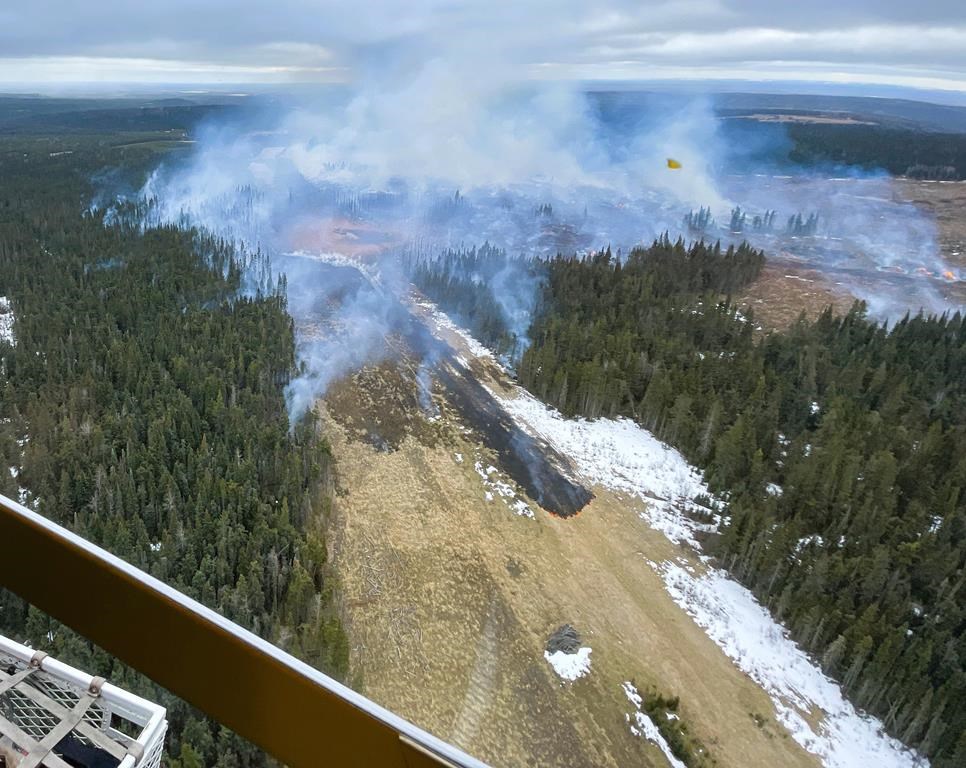CIBC revises Alberta unemployment and GDP numbers amid falling oil prices
Posted Feb 9, 2015 3:26 pm.
This article is more than 5 years old.
Falling oil prices are causing one of Canada’s biggest banks to update what it thinks Alberta’s economy will look like by the end of the year and unsurprisingly, it’s worse.
CIBC expects the unemployment rate to increase to 6.8 per cent by 2016 and GDP to go down 0.3 per cent.
CIBC World Markets Chief Economist Avery Shenfeld said during a time of weak global growth, hopefully low interest and government spending in certain countries will spark the global economy in 2016.
He also expects more job losses in the first half of the year and they could extend further because they may not take effect for a number of months.
As for Canadians looking to Alberta for work, he said that should also go down.
“There will be fewer arriving at Alberta’s doors looking for a job,” he said, adding hopefully job prospects will go back up in 2016 and net inflow will get back to normal.
But he also notes a benefit to a lower number of people looking for work.
“If anything it’s going to reduce the pressure that the province is facing to build more hospitals, more schools, more of everything in a hurry. That pressure will ease off a bit in 2015,” he said.
He also said the government should be careful not to overreact.
“The province of Alberta could run deficits as high as $8 billion a year for 20 years and still not be in the same debt position that Ontario is in relative to the size of its economy,” he said. “We’re starting to hear the premier in fact express the view that we share that now is not the time to bulldoze ahead towards a quick balanced budget which would entail such severe spending cuts or tax hikes, that it would only worsen the downturn.”
Premier Jim Prentice served as CIBC Senior Executive Vice-President and Vice-Chairman before entering provincial politics.










